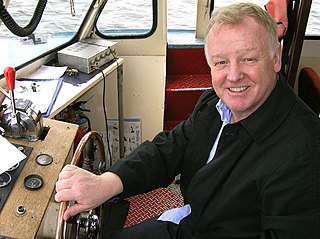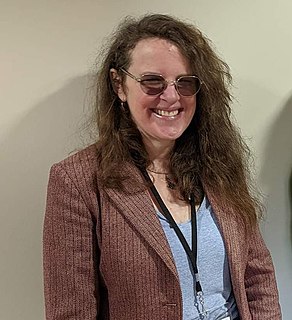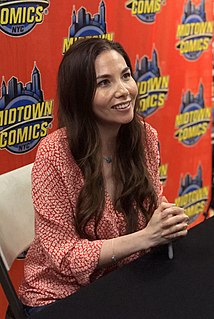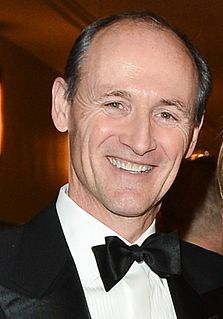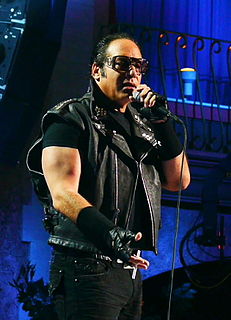A Quote by Les Dennis
A lot of the comics called me Bronco because I wouldn't get off - if I had to do an hour, I would stand there, even if it wasn't going well. I knew comics that would climb out of dressing room windows after they'd done their first spot.
Related Quotes
I quit comics because I got completely sick of it. I was drawing comics all the time and didn't have the time or energy to do anything else. That got to me in the end. I never made enough money from comics to be able to take a break and do something else. Now I just can't stand comics. . . . I wish my work would be recognized by a larger crowd of people as more art than be stuck with the cartoonist label for the rest of my life.
There are a lot of good comics, no doubt, but as far as the quality of the comics goes, I think what you have is a bunch of situational comics - there are black comics that work only black crowds, gay comics that do only gay crowds, and southern comics that only work down South, and so on with Asian, Latino, Indian, midgets, etc. The previous generation's comics were better because they had to make everybody laugh.
When I was a kid, back in the '40s, I was a voracious comic book reader. And at that time, there was a lot of patriotism in the comics. They were called things like 'All-American Comics' or 'Star-Spangled Comics' or things like that. I decided to do a logo that was a parody of those comics, with 'American' as the first word.
When I first started out in comics they would put me on these Women of Marvel panels, and these young women would come up to me and say, "I really want to write comics but I don't know if I can because I'm told that it's just for guys." I would say, "That's bullshit. That's absolute bullshit. Look at me!" But the one area where we still need to work on is that we need more women of color. That's not common thing yet.
The lovely thing about writing comics for so many years is that comics is a medium that is mistaken for a genre. It's not that there are not genres within comics, but because comics tend to be regarded as a genre in itself, content becomes secondary; as long as I was doing a comic, people would pick it up.
Self-publishing in comics is core to the whole artform. There is no scarlet letter in comics as there still is, to some degree, in prose. As no publisher for a long time would publish serious work in comics, the only way a lot of it came out was because of self-publishing. Many of the greatest works of the medium are self-published.
I looked at a lot of the comics and I tried to just get an idea from that. Not necessarily specifics of what my look would be or what the plan would be because I knew the script was evolving. I then started the discussion with Ken, who had been in discussion with you guys, intimately. And that they'd pared it down.
I always wanted to give people the more exciting version of what I think a comedian should be - because I didn't grow up with comics, I grew up with rock 'n' roll. And when I saw a lot of comics, no matter how good they might have been material-wise, I would get a little bored with them after 10 minutes, only because I feel comedians don't really know performance.
I never feel there's anything I can't do with comics. There are certain things in comics that you can't do in any other medium: for instance, in Mister Wonderful, Marshall's narration overlaps the events as they're going on. That would be difficult in film; you could blot speech out with a voiceover, but it wouldn't have the same effect. That's always of interest, to see what new things you can do in comics form.
